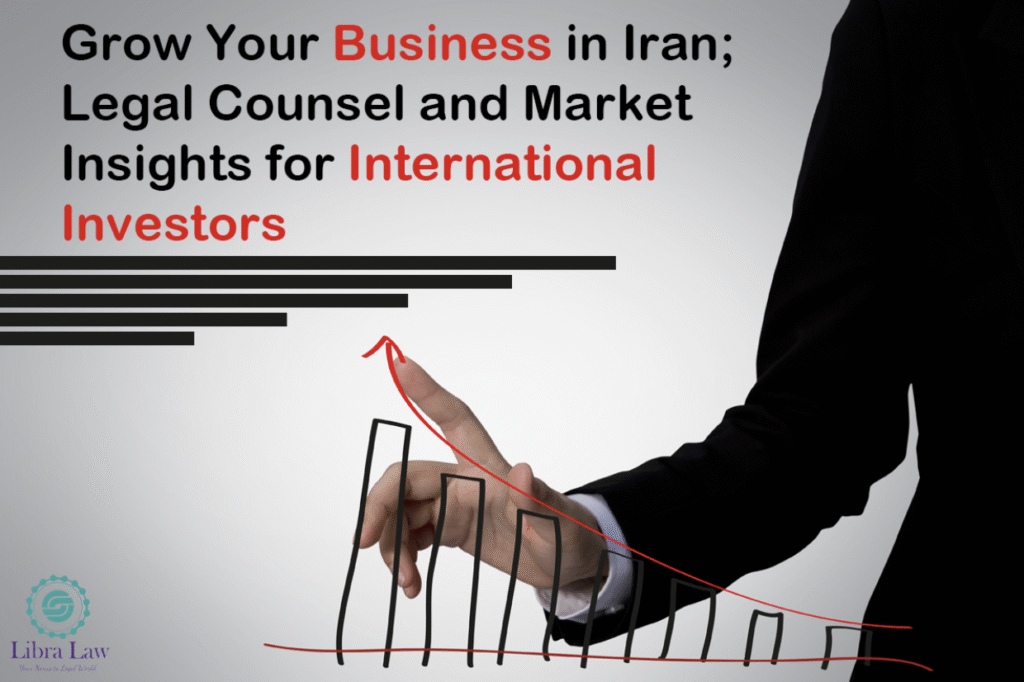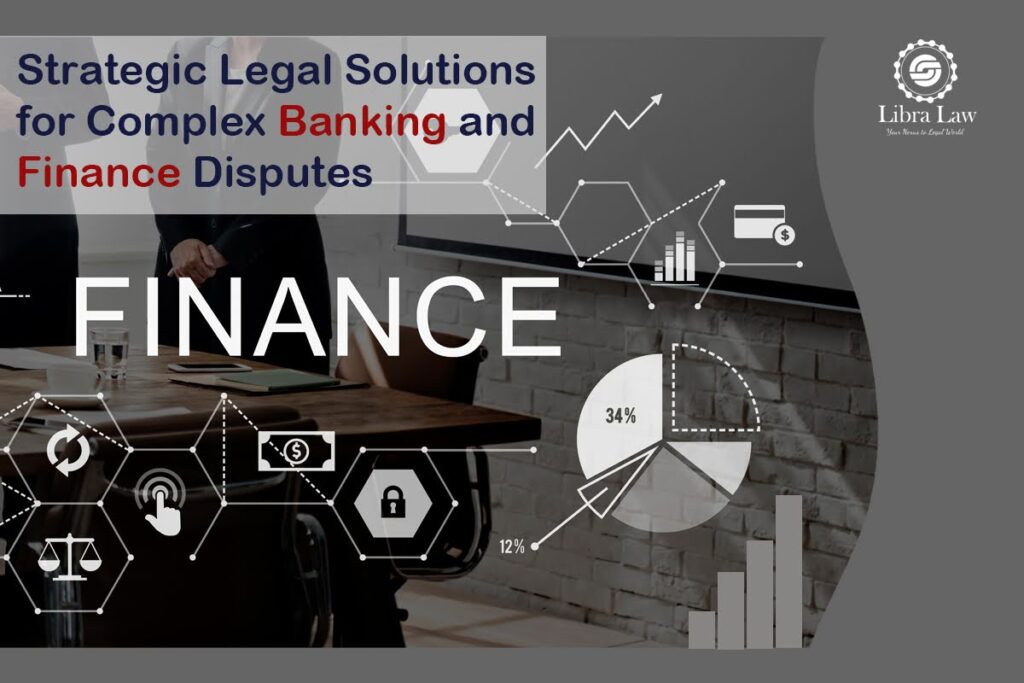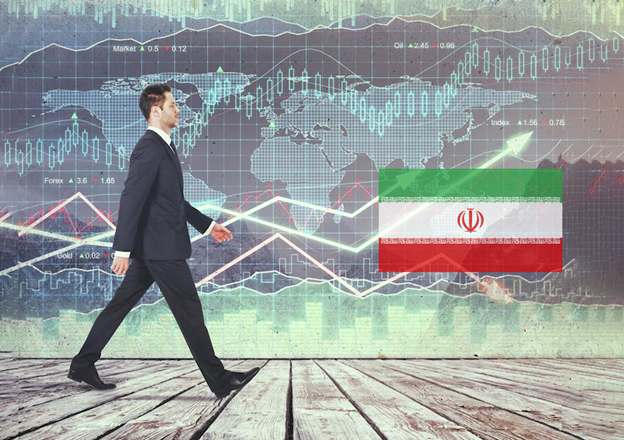In the fast-paced and highly regulated energy sector, particularly within the oil, gas and petrochemical industry, businesses face a multitude of legal complexities that can significantly impact the success of their projects; This Comprehensive Guide to Negotiation, Dispute Resolution and Regulatory Compliance in Energy Projects is designed to help you navigate those challenges with clarity and confidence. From intricate contracts and regulatory requirements to disputes between stakeholders, having the right legal expertise is essential. Whether you are involved in the oil, gas or renewable energy industries, the landscape is not only challenging, but also constantly evolving — demanding strategic, informed legal support at every stage.
As discussed in our «A Complete Legal Guide to Success in Petroleum and Energy Projects» article, understanding upstream and downstream legal dynamics is key to project success. At LibraLaw, we specialize in guiding businesses through these challenges with precision and confidence. In the following sections, our legal experts will provide in-depth insights into key areas like negotiating and drafting energy contracts, resolving disputes efficiently, and ensuring full compliance with local and international regulations; These areas are crucial to protecting your business, mitigating risks and driving your energy projects to successful completion.
Understanding and managing the legal intricacies of energy projects isn’t just about avoiding pitfalls; it’s about strategically navigating the complexities to achieve long-term success. If you’re looking to avoid costly mistakes, ensure compliance and safeguard your company’s interests, this guide will help you understand how LibraLaw’s expertise can become a strategic advantage for your business. Read on to learn more about the practical, legal solutions that can help your projects thrive in a competitive and ever-changing environment.
How Can We Ensure Fair and Effective Energy Contracts for Your Projects?

Contracts are the foundation of energy projects and their success often depends on precise and enforceable terms. At LibraLaw, we provide comprehensive legal support in negotiating and drafting key energy contracts, ensuring that your interests are protected and agreements are clear and fair.
Our services include:
- Negotiating and drafting contracts, such as Production Sharing Agreements (PSAs), Joint Operating Agreements (JOAs), Engineering, Procurement and Construction (EPC) contracts, Power Purchase Agreements (PPAs) and Gas Sale and Purchase Agreements (GSPAs);
- Contract interpretation, resolving ambiguities and assessing compliance obligations to avoid disputes;
- Legal support in dispute resolution, particularly in cases involving force majeure events like sanctions or geopolitical changes.
We ensure every clause — from risk allocation to payment terms — is carefully crafted to prevent delays and disputes, providing you with peace of mind throughout your energy projects.
How Can You Safeguard Your Energy Operations in a Changing Political and Regulatory Landscape?
The energy sector is significantly influenced by political shifts, international relations, and changes in domestic regulations. In particular, Iran’s legal and regulatory environment — especially in the energy sector — is subject to rapid evolution due to factors such as economic policies, international sanctions and bilateral agreements.
For a more detailed overview of how Iran’s oil and gas sector is shaped by its regulatory framework, see our article titled «Navigating the Legal Landscape of Iran’s Oil and Gas Market; Strategic Insights for Foreign Investors».
Our legal advisory services extend well beyond traditional contract law; we provide comprehensive strategic insight into how these political and regulatory dynamics may impact your operations; This includes conducting regulatory due diligence, performing risk analysis and offering lobbying support, where appropriate and legally permissible.
For example:
- Foreign Investment Guidance: We assist international investors in evaluating the implications of U.S. secondary sanctions on potential partnerships in Iran’s oil and gas industry.
- Local Compliance: We advise Iranian companies on how to comply with new environmental and safety regulations affecting the oil and gas sector.
- Renewable Energy Development: We support developers of renewable energy projects by guiding them through the complex process of securing feed-in tariffs and obtaining necessary licenses under Iranian energy policies.
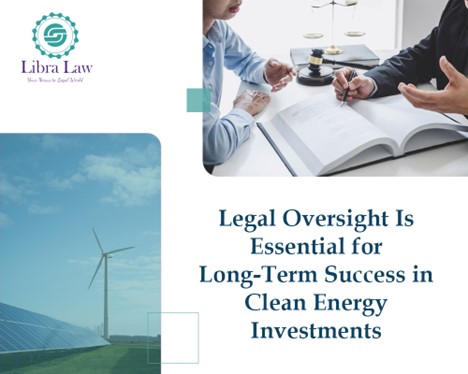
For a more in-depth analysis of the legal structures available to foreign investors seeking market entry, refer to our article «A Simple Guide to Entering the Iranian Market; Choosing the Right Legal Structure for Foreign Investment».
By understanding the broader political and regulatory landscape, our clients are empowered to avoid compliance pitfalls and confidently plan their business strategies. Whether entering the Iranian market or expanding their existing presence, our expertise ensures they are well-positioned to navigate these challenges with foresight and clarity.
How Can You Resolve Complex Oil & Gas Disputes Efficiently and Effectively?
Disputes in the energy sector, particularly within oil and gas, often involve multiple jurisdictions, significant financial stakes and complex technical details. Whether the conflict arises from contract breaches, delays in project execution, environmental claims or government interference, choosing the right dispute resolution mechanism is crucial for a favorable and timely outcome.
At LibraLaw, we recognize that resolving disputes efficiently and discreetly is often more beneficial than pursuing lengthy and costly litigation. Our extensive experience in the Iranian energy sector, as well as handling cross-border cases, equips us to guide clients toward the most effective resolution mechanism — whether it be arbitration, litigation, or alternative dispute resolution (ADR).
We work closely with our clients to evaluate the nature of their disputes, the jurisdictions involved and the specific needs of their business; This tailored approach ensures that we select the most appropriate forum, whether the priority is to resolve the issue confidentially, minimize legal costs or enforce a binding decision.
Is Arbitration the Best Solution for Dispute Resolution in Oil & Gas Contracts?
In the oil and gas sector, disputes are common, especially when foreign investors or multinational partners are involved; These conflicts can arise from issues such as contract breaches, delays in project execution, environmental concerns, or disagreements over financial terms. In such cases, arbitration is often the preferred method of dispute resolution due to its multiple advantages, including neutrality, confidentiality and enforceability under international conventions like the New York Convention. In fact, many key agreements in the industry, such as Production Sharing Agreements (PSAs) and Joint Operating Agreements (JOAs), explicitly include arbitration clauses to simplify conflict resolution and avoid the time-consuming nature of litigation.
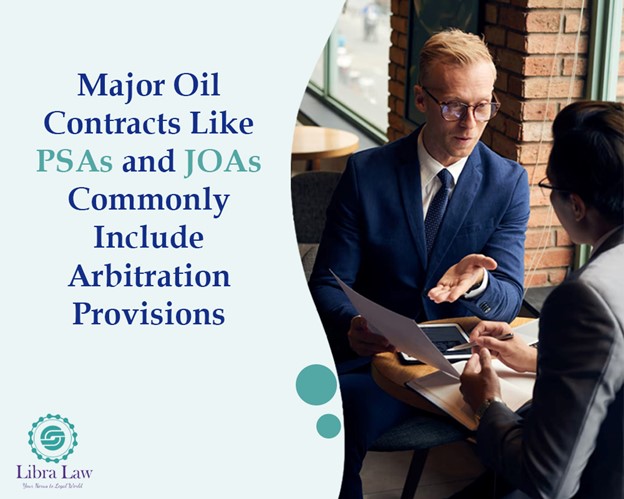
Here are several reasons why arbitration is often favored in the oil and gas industry:
- Neutrality
Arbitration provides a neutral forum for resolving disputes, which is crucial when the parties are from different countries with varying legal systems; This helps avoid the potential biases that might arise if the case were heard in a court located in one of the parties’ home jurisdictions.
In a joint venture between a European energy firm and an Iranian operator, the dispute over cost recovery was resolved through arbitration in a neutral location, avoiding the complexities of local courts and ensuring that both parties felt the process was fair.
- Confidentiality
One of the key benefits of arbitration is that it is typically confidential. In industries like oil and gas, where sensitive business strategies and proprietary information are at stake, confidentiality can be crucial to maintaining a company’s competitive advantage and protecting its reputation.
A dispute over the delivery schedule in an offshore drilling contract was settled through arbitration, ensuring that the sensitive financial and operational details involved were not made public, which could have harmed the companies’ interests in the competitive market.
- Enforceability of Awards
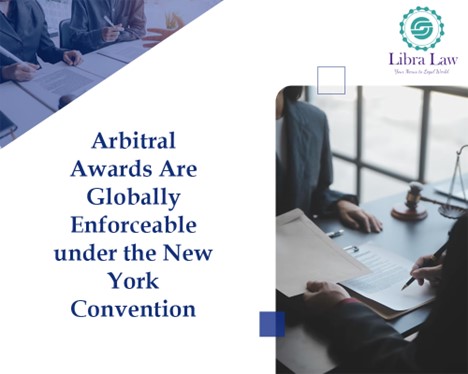
Arbitration awards are enforceable under international treaties such as the New York Convention, which makes it easier for parties to secure compliance, even if the losing party is in a different country; This global recognition of arbitration awards provides added security for parties, especially in cross-border contracts.
In a case involving a delay in a pipeline project, the winning party secured an enforceable award through arbitration, which allowed them to recover damages from the losing party, even though the latter was based in a different jurisdiction.
- Speed and Efficiency
Arbitration is generally faster than litigation, especially in industries like oil and gas, where projects are time-sensitive and delays can result in substantial financial losses. Arbitration proceedings are streamlined, and the use of arbitrators with specialized expertise in the sector can speed up the resolution process.
A dispute regarding the environmental impact of a drilling project was resolved within months through arbitration, whereas litigation would have likely dragged on for years, delaying the project and escalating costs.
- Flexibility in Procedure
Arbitration offers greater flexibility in terms of procedural rules and the selection of arbitrators; This is particularly important in technical industries like oil and gas, where the involvement of experts who understand the intricacies of the sector can help ensure that the resolution is grounded in a solid understanding of industry-specific issues.
In a dispute over technical specifications in an offshore drilling contract, the parties selected arbitrators with deep expertise in energy law and engineering, which allowed for a more informed and accurate decision than might have been possible in a traditional court setting.
- Cost-Effectiveness
While arbitration is often perceived as expensive, it can be more cost-effective than litigation, particularly in the long term; The efficiency of the process and the reduced need for lengthy court battles and appeals can save companies significant legal costs.
A dispute involving a breach of contract for drilling services was resolved through arbitration at a fraction of the cost it would have incurred through prolonged court proceedings, helping both parties avoid unnecessary legal fees and quickly get back to business.

- Preserving Business Relationships
Arbitration tends to be less adversarial than litigation, and its confidential nature allows for a more collaborative approach to resolving disputes; This can be crucial in maintaining long-term business relationships, especially in the highly interconnected oil and gas industry.
A disagreement between two oil companies regarding the terms of a joint exploration venture was settled through arbitration, preserving their partnership and ensuring they could continue working together on future projects without the strain of public conflict.
In conclusion, while arbitration is not always the only solution, its numerous advantages make it the go-to method for resolving disputes in the oil and gas sector. By providing a neutral, confidential and enforceable process, arbitration helps companies navigate complex disagreements efficiently, minimizing the risks and costs associated with lengthy litigation. At LibraLaw, our experience in handling such cases allows us to guide clients toward the most effective dispute resolution methods, ensuring their interests are well protected.
When Is Litigation the Best Option for Resolving Oil & Gas Disputes?
While arbitration is often preferred in the oil and gas sector, there are situations where litigation in Iranian courts is the better choice; This is particularly true for disputes involving regulatory decisions, land use, or licensing issues under Iranian law. At LibraLaw, we work closely with domestic counsel to ensure litigation is handled with precision and in full compliance with Iranian laws.
1. Drafting Dispute Resolution Clauses
We assist clients in drafting clear dispute resolution clauses during contract negotiations, outlining when litigation in Iranian courts may be necessary, ensuring a structured approach to potential conflicts.
2. Risk Evaluation & Pre-Dispute Strategy
We help clients assess potential risks and develop proactive strategies to address them before they escalate into formal disputes, particularly in areas such as land use and licensing.
3. Representing Clients in Arbitration & Litigation
Our team represents clients in both arbitration and litigation proceedings, depending on the circumstances. Our understanding of local and international law ensures the most appropriate forum for each dispute.
4. Coordinating with Local Litigation Teams
When litigation in Iranian courts is required, we coordinate with local counsel to ensure the case is managed efficiently, following all local regulations.

5. Engaging Technical Experts
We collaborate with technical experts to support factual claims, particularly in cases involving complex technical data or industry-specific knowledge.
6. Settlement or Mediation
We pursue settlement or mediation where beneficial, aiming to resolve disputes quickly and preserve long-term business relationships.
At LibraLaw, we view every dispute as a business decision, working to protect our clients’ interests while minimizing disruption and maintaining strong, long-term partnerships.
Navigating the legal challenges of the oil, gas and petrochemical industry requires more than just a general understanding of the law; it demands in-depth knowledge of industry-specific regulations, international standards, and local legal frameworks. Whether you’re drafting high-stakes contracts, addressing compliance risks or resolving disputes, working with experienced legal professionals is not optional; it’s essential to protecting your business interests and ensuring project success.At LibraLaw, our team of legal experts specializes in advising companies operating in this complex sector. If you need assistance or legal consultation tailored to the unique demands of energy projects, we are ready to support you every step of the way. Contact us today to learn how our expertise can become your strategic advantage.




